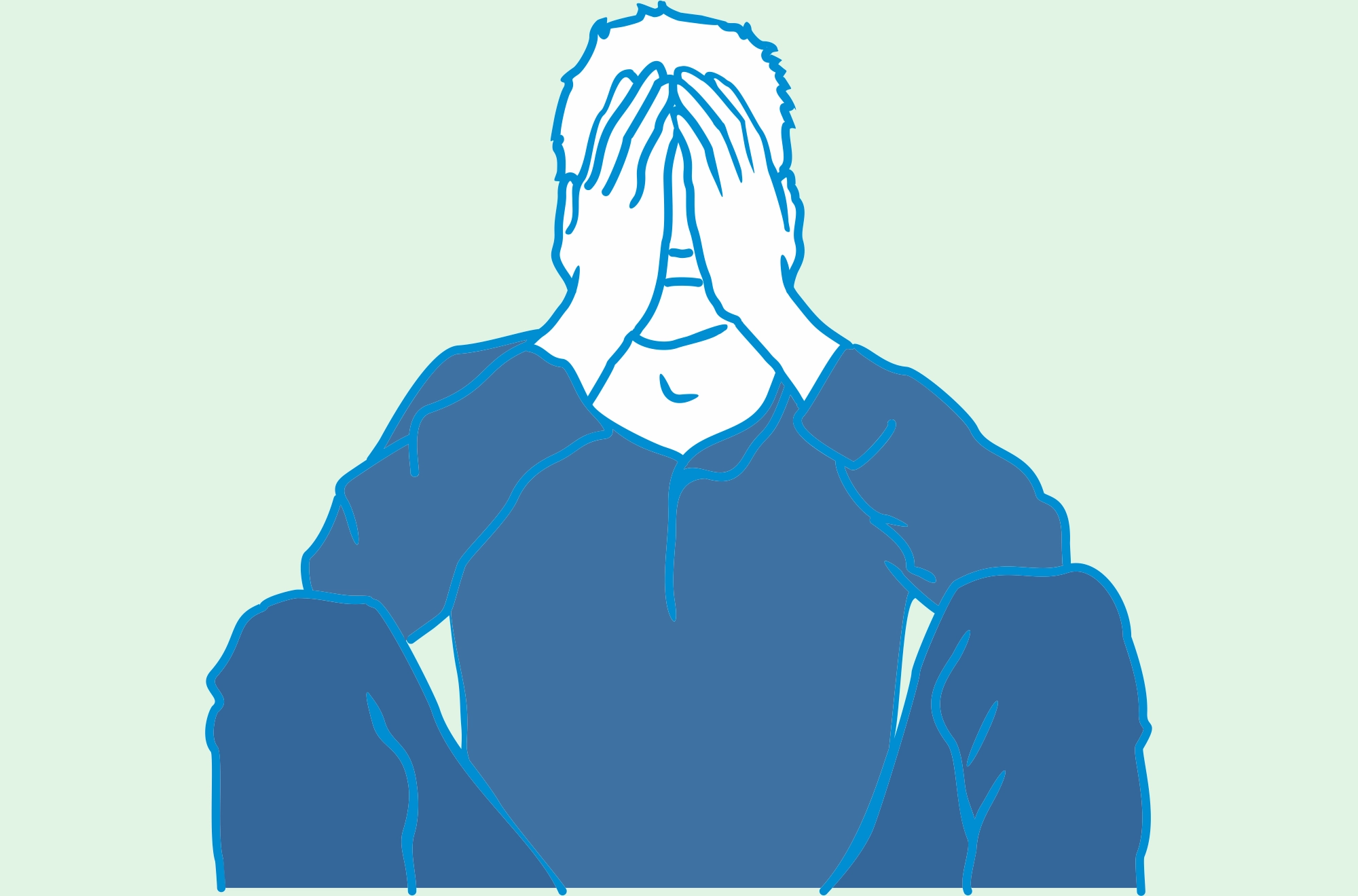To provide services at the highest level, we use cookies. Using the website requires you to choose settings related to their storage on your device. If you want to know what each type of cookie is used for, click the Details button below.
What is depression and how is it treated?25 listopada 2023 |

According to the latest International Classification of Diseases (ICD-11), symptoms of depression include a lowered mood or decreased interest in activities that persists for most of the day. It should occur daily or almost daily for at least two weeks. Additionally, symptoms such as a sense of hopelessness, lowered self-esteem, difficulty concentrating, suicidal thoughts, changes in appetite or sleep patterns, psychomotor agitation or retardation, and decreased energy or fatigue may also be present.
Depression can be divided into three main stages. The first phase is mild depression characterized by a lowered mood for most of the time. In the second phase, it progresses to moderate depression, where the individual ceases to experience joy in daily life. The most advanced phase is severe depression, which leads to a significant deterioration in the patient's functioning in biological, psychological, and social aspects.
No, depression is not always visible at first glance. People with depression can hide their emotions and feelings behind various masks, making it difficult for others to perceive the symptoms. They may laugh and pretend that everything is fine, even though internally they are experiencing intense suffering and emotional tension.
No, depression is a serious disorder that requires professional help. Self-treatment can be dangerous and ineffective. It is important to consult with a psychologist and psychiatrist who will help determine an appropriate treatment plan. Just as we do not attempt to self-treat somatic diseases such as cancer or heart attacks, mental illnesses should not be ignored either.
Depression is an affective disorder, directly related to mood. Meanwhile, anxiety disorders, formerly known as neuroses, belong to a completely different group of mental disorders. Although both groups may occur together, for example, as depressive-anxiety disorders, they differ in symptoms and mechanisms of occurrence. Moreover, patients with depression are often critical of their symptoms, while those with anxiety disorders often do not accept them as part of themselves, employing various defense mechanisms to avoid thoughts of having the disorder.